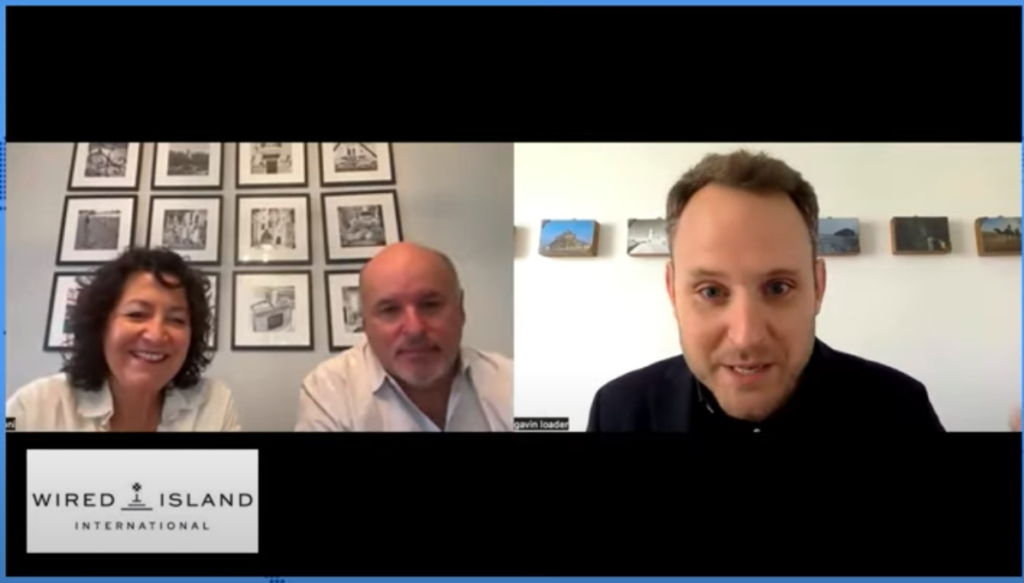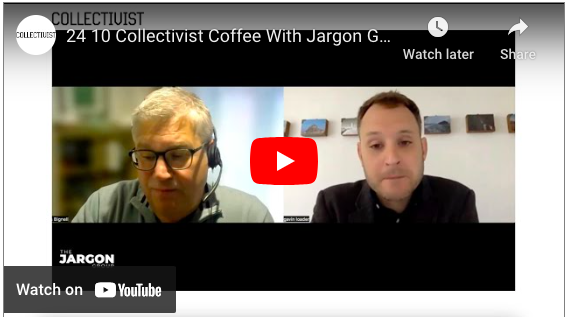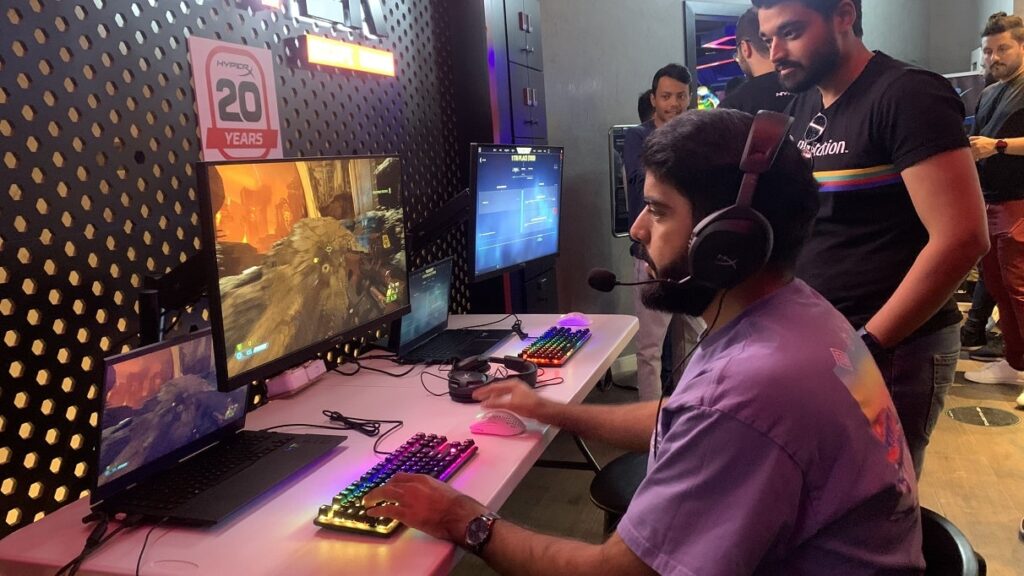What are the key signs your business is ready for international tech PR?
How do you know your business is ready for international tech PR?
At first glance, you might think you’re all set to go global with your PR, marketing, or communications campaign—only to discover that when you chat with a local PR agency, they might see things a bit differently.
So, what are the real signs that your tech startup, scaleup, unicorn or global brand is truly ready to make the international tech PR leap?
We spoke with some of our expert member agencies to get their take on what it takes to launch a successful international tech PR campaign, though their local lens.
Here are a few key things they say you’ll need and to look out for:
Take expansion seriously.
 Simon Vericel, Founder and Managing Director of Influence Matters, our member agency for China and Indonesia suggests tech companies trying to enter China need to do more than ‘test the waters’. He says: “The biggest mistake for tech companies is not taking the Chinese market seriously. China is different. The language is different, the culture is different, even the internet is different. Companies often come to China just to test the waters, and that usually doesn’t work. The market will realise very quickly that you lack commitment. We advise clients that if they’re not ready to commit and build a solid foundation, they might not succeed. We focus on understanding their objectives and providing honest guidance. The most successful tech companies are those which already have a strong business backbone doing business outside of China, but perhaps they have one or two clients inside China driving them to be more present locally.”
Simon Vericel, Founder and Managing Director of Influence Matters, our member agency for China and Indonesia suggests tech companies trying to enter China need to do more than ‘test the waters’. He says: “The biggest mistake for tech companies is not taking the Chinese market seriously. China is different. The language is different, the culture is different, even the internet is different. Companies often come to China just to test the waters, and that usually doesn’t work. The market will realise very quickly that you lack commitment. We advise clients that if they’re not ready to commit and build a solid foundation, they might not succeed. We focus on understanding their objectives and providing honest guidance. The most successful tech companies are those which already have a strong business backbone doing business outside of China, but perhaps they have one or two clients inside China driving them to be more present locally.”
He adds: “Companies looking at expanding to Indonesia will also need to roll up their sleeves and show commitment, and patience. Building local connections at the government and communities level will be important to gain access to markets, and support from local authorities, partners and people.”
Show Patience.
 Mike Sottak, CEO of Wired Island, our member agency for the US, shares similar sentiments and cautions against expecting rapid results: “The most powerful tech companies are American companies, and they suck a lot of oxygen out of the room when it comes to media coverage. It’s hard for smaller companies – especially those from overseas – to compete against the big 5 of Amazon, Google, Microsoft, etc. All this said, if you have a good story, if you have an innovative story, if you are doing something disruptive, the American media is very open to understanding and learning about that, regardless of your country of origin.
Mike Sottak, CEO of Wired Island, our member agency for the US, shares similar sentiments and cautions against expecting rapid results: “The most powerful tech companies are American companies, and they suck a lot of oxygen out of the room when it comes to media coverage. It’s hard for smaller companies – especially those from overseas – to compete against the big 5 of Amazon, Google, Microsoft, etc. All this said, if you have a good story, if you have an innovative story, if you are doing something disruptive, the American media is very open to understanding and learning about that, regardless of your country of origin.
If you give us the right ammunition to work with, we can be effective as a consultancy, but it takes time. You’re not going to come to the US, put out an announcement, do a bunch of press meetings and get coverage right away. It takes time to build relationships and gain traction. You need to commit to the process, as effective PR is a long-term investment.”
Remember the hot topics.
 “Certain tech topics are always relevant in Spain and Portugal,” says Miguel Matías-Barreiro, Founder and Associate Director, Noizze Media, our member agency for Spain and Portugal. “While I cannot speak for other European countries, security and artificial intelligence—especially generative and ethical AI—are significant themes that interest the media today, and they constantly evolve, maintaining ongoing interest.
“Certain tech topics are always relevant in Spain and Portugal,” says Miguel Matías-Barreiro, Founder and Associate Director, Noizze Media, our member agency for Spain and Portugal. “While I cannot speak for other European countries, security and artificial intelligence—especially generative and ethical AI—are significant themes that interest the media today, and they constantly evolve, maintaining ongoing interest.
Once again, we must give that extra twist not to just stay with the global AI picture but with the concrete things we can do or obtain. And you can always trust in newsjacking or dayketing to adapt your message to current events.
Storytelling.
 Chris Bignell, CEO, The Jargon Group, our UK member agency says: “First and foremost, storytelling is key. Engaging, creative stories are what get results. Many companies think that just because something is newsworthy to them, it will resonate with the media—and that’s not always the case. We challenge our clients to make their stories more interesting and newsworthy. In an era where the media has a short attention span, creativity and tenacity are essential.”
Chris Bignell, CEO, The Jargon Group, our UK member agency says: “First and foremost, storytelling is key. Engaging, creative stories are what get results. Many companies think that just because something is newsworthy to them, it will resonate with the media—and that’s not always the case. We challenge our clients to make their stories more interesting and newsworthy. In an era where the media has a short attention span, creativity and tenacity are essential.”
Localisation.
 Jocelyn Hunter, founder of BENCH PR, our member agency for Australia, New Zealand and Singapore recommends localising as much as possible: “At a practical level, many companies don’t have local spokespeople, which can be challenging because Australian journalists prefer local representatives. Understanding the diversity of the Asia-Pacific market is also important—each country requires a tailored approach. There are markets like India and Japan, which are totally different to Australia and New Zealand; you need local agency partners in those countries. We wouldn’t even attempt to work in those countries from here. We also need clients to be agile, especially when news breaks, so if we have to wait for approvals, we miss opportunities.”
Jocelyn Hunter, founder of BENCH PR, our member agency for Australia, New Zealand and Singapore recommends localising as much as possible: “At a practical level, many companies don’t have local spokespeople, which can be challenging because Australian journalists prefer local representatives. Understanding the diversity of the Asia-Pacific market is also important—each country requires a tailored approach. There are markets like India and Japan, which are totally different to Australia and New Zealand; you need local agency partners in those countries. We wouldn’t even attempt to work in those countries from here. We also need clients to be agile, especially when news breaks, so if we have to wait for approvals, we miss opportunities.”














